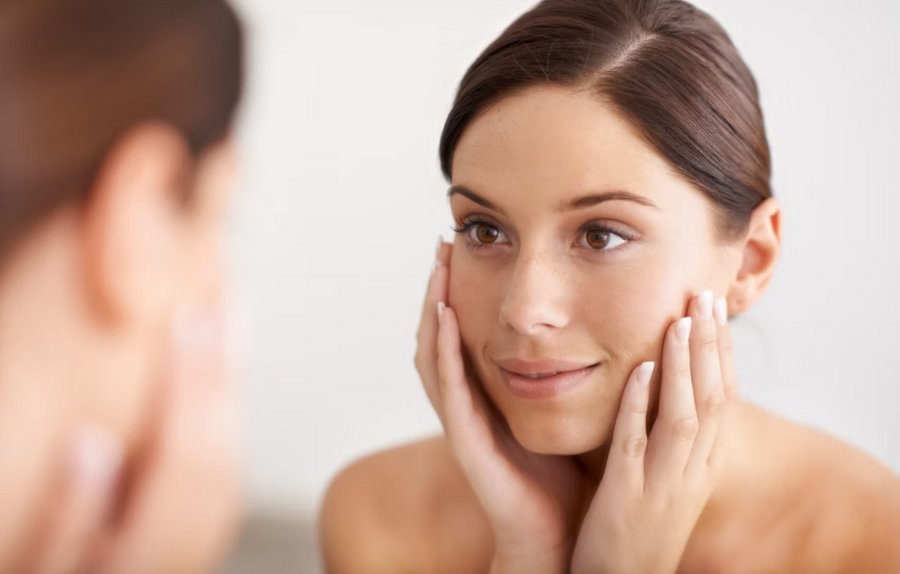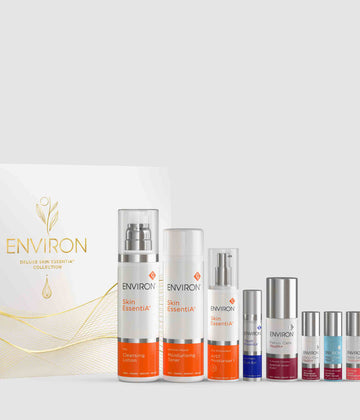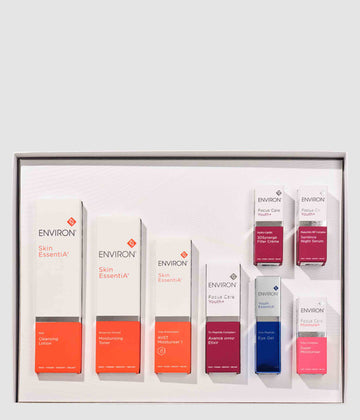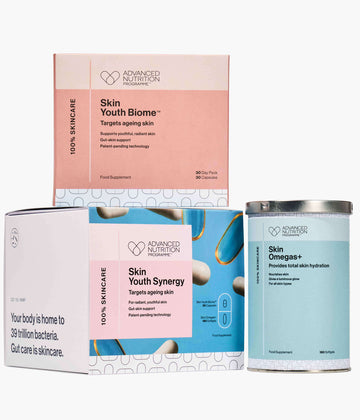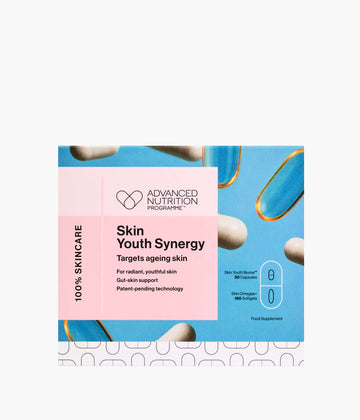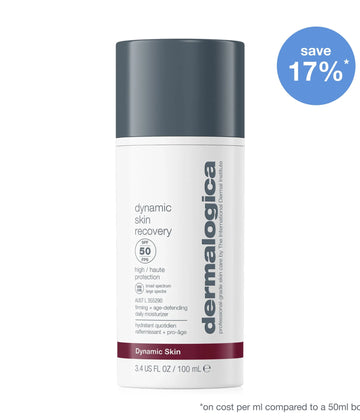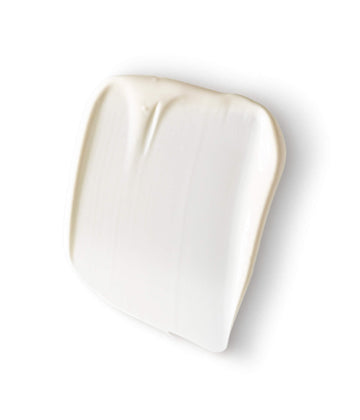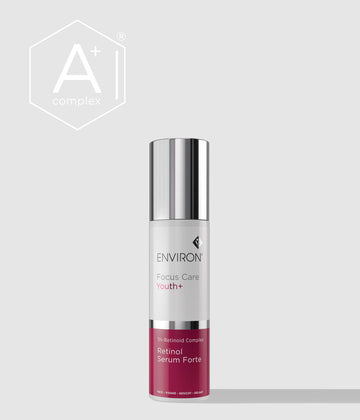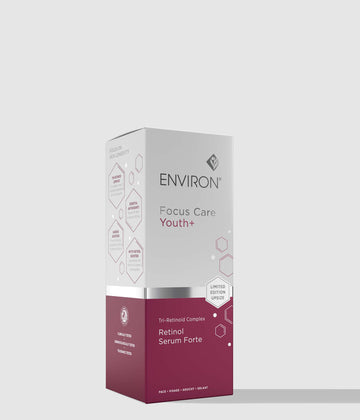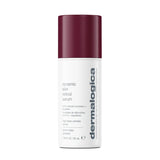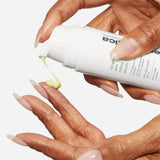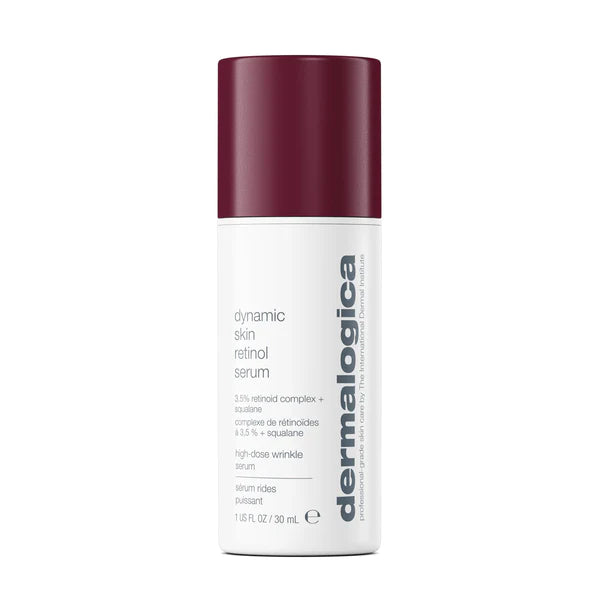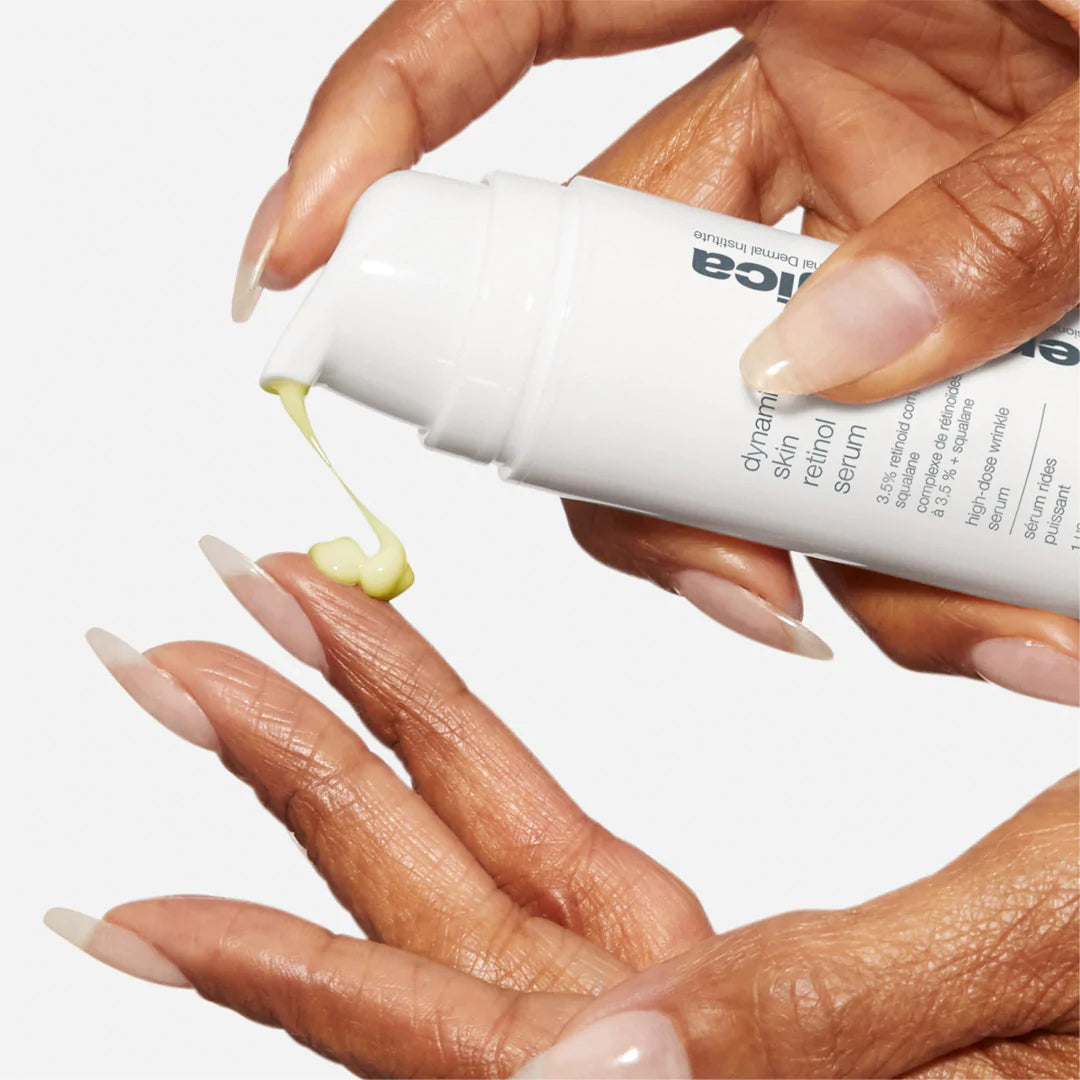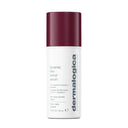Dermalogica
Since its launch in 1986, Dermalogica has transformed the professional skincare industry with its commitment to education, innovation and skin health. Developed by skin therapists for skin therapists, the brand focuses on real results rather than luxury packaging or gimmicks.
Every product is formulated without common irritants such as artificial fragrance or colours, making it suitable for even sensitive skin. Dermalogica’s broad portfolio spans cleansers, exfoliants, targeted treatments and SPF, built around customisable professional treatments and homecare routines.
With its iconic grey packaging and clinical approach, Dermalogica continues to lead the way in evidence-based skincare, supporting professionals with cutting-edge education and empowering consumers to achieve their healthiest skin ever.


